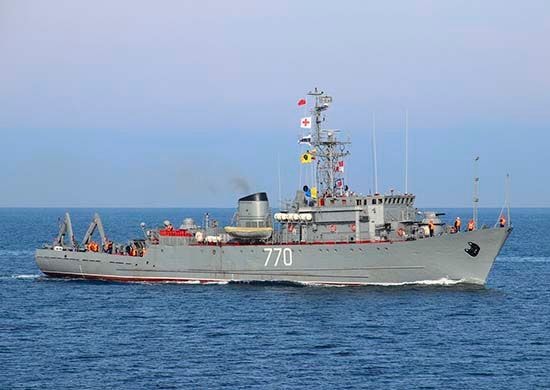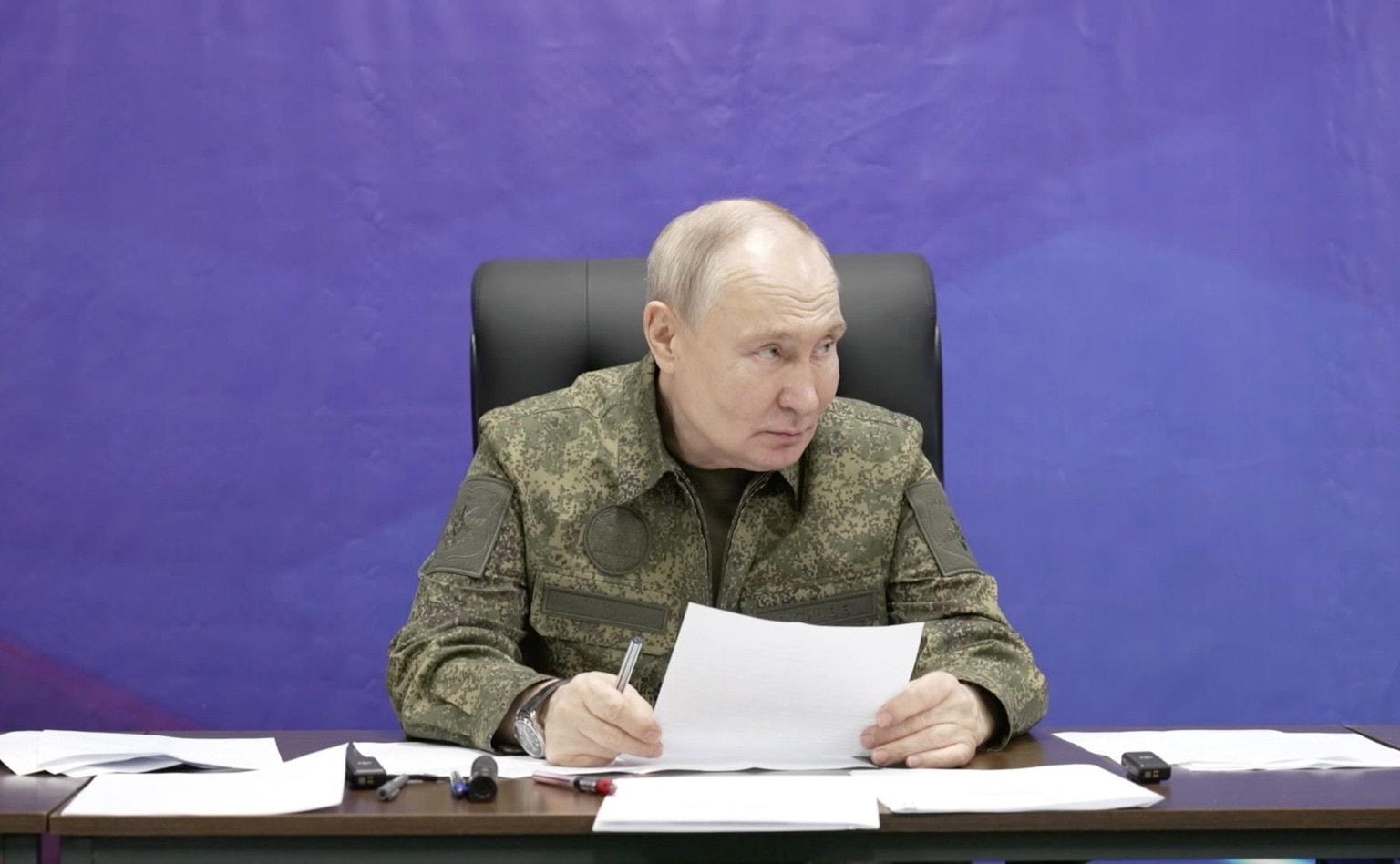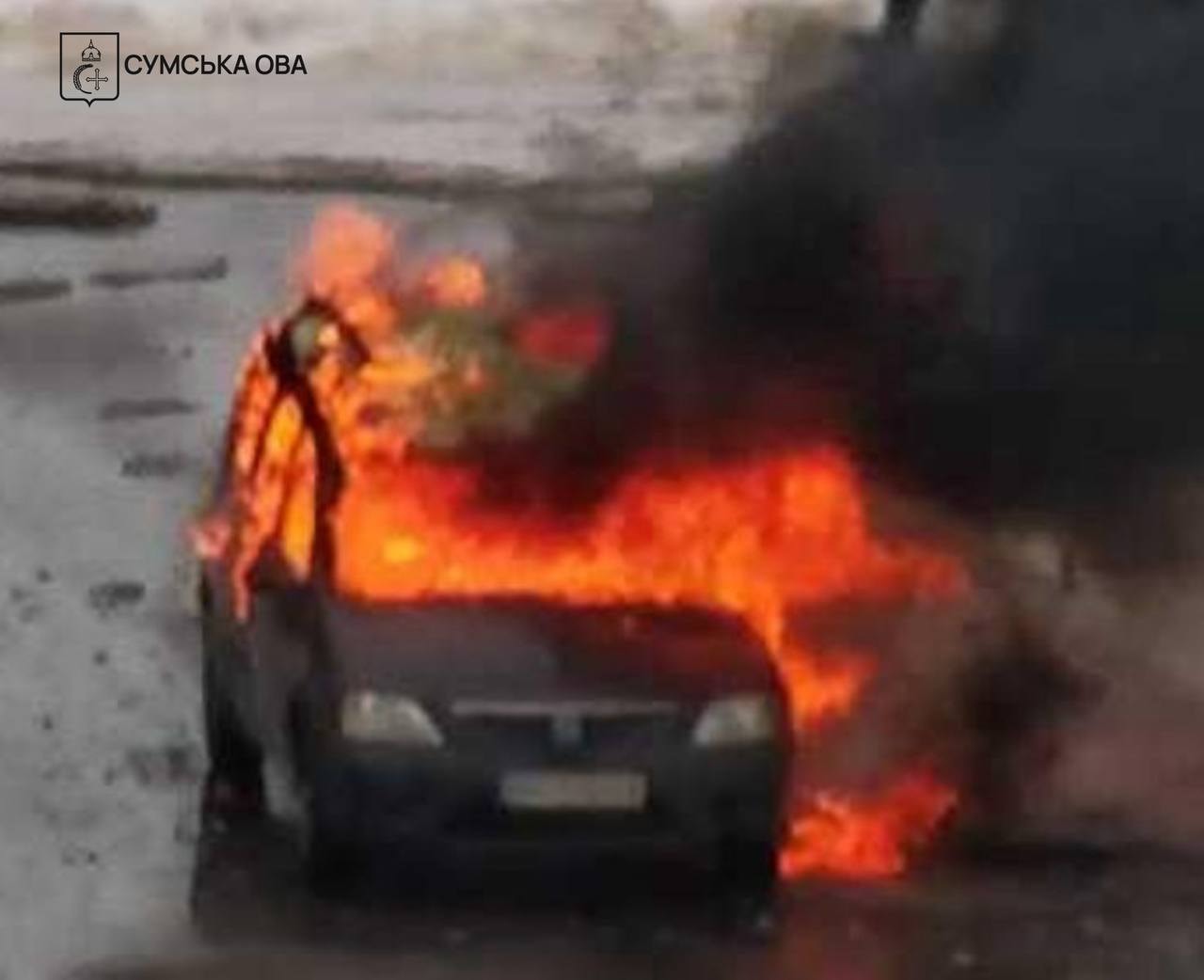
Disinformation
News Feed
Trilateral peace talks on hold as Ukraine waits for US amid Iran war, Zelensky says
Trilateral peace talks between Ukraine, Russia, and the U.S. are on hold due to the war between Washington and Tehran, President Volodymyr Zelensky said March 4.

In the Middle East, chaos is Putin's new ally
If anyone was worried that Russia was going to intervene on behalf of its ally Iran in the new Middle East conflict, they need not be. Vladimir Putin's response to the massive U.S.-Israeli campaign against Iran — and even the Israeli strike that killed Ayatollah Ali Khamenei, Iran's longtime Supreme Leader — was at best bland. He called the U.S. and Israeli strikes "cynical" and murderous, but issued neither threats, nor red lines, nor commitments to help Iran. To understand Putin's restraint,

Russia's nuclear giant controls massive weapons production ecosystem ignored by sanctions, report finds
Rosatom, Russia's state nuclear corporation, operates 21 entities that are directly involved in weapons production but face no EU sanctions, according to a report published March 4 by the Kyiv-based think tank DiXi Group.

Putin threatens to cut Russian gas to Europe unless EU reverses ban, leveraging Iran war
As the U.S.-Iran war disrupts global energy markets, the Russian president is brainstorming ways to strong-arm the EU into rethinking its ban on Russian LNG and pipeline gas.

Putin releases 2 Hungarians captured fighting for Ukraine after Szijjarto talks
Ukraine's Foreign Ministry has called the move a "cynical" PR stunt and summoned Hungary's charge d'affaires for more information on the released prisoners.

Ukraine war latest: 3 Russian ships hit, 3 sailors killed in Ukrainian strike on Black Sea port, SBU source says
Key developments on March 4: * 3 Russian ships hit, 3 sailors killed in Ukrainian strike on Black Sea port, SBU source says * Russia continues to escalate drone attacks on passenger trains, railway infrastructure * Putin increases Russia's regular army personnel to nearly 2.4 million * Russian tanker on fire in Mediterranean Sea, Moscow accuses Ukraine of sea drone attack Ukrainian forces struck the Russian port of Novorossiysk, hitting the minesweeper Valentin Pikul and "severely" damagin

Most Popular
As markets opened on March 2, Russian officials were quick to frame the escalating Middle East crisis as an economic opportunity for the Kremlin. Within hours of the first U.S. and Israeli strikes, Russian Envoy Kirill Dmitriev quickly posted on X about crude potentially hitting "$100+" per barrel. Brent crude futures on the London ICE exchange initially had risen 13.04%, peaking at $82.37 per barrel — the highest level in over a year. Prices later eased to $79.38. The spike followed Iran's M



















